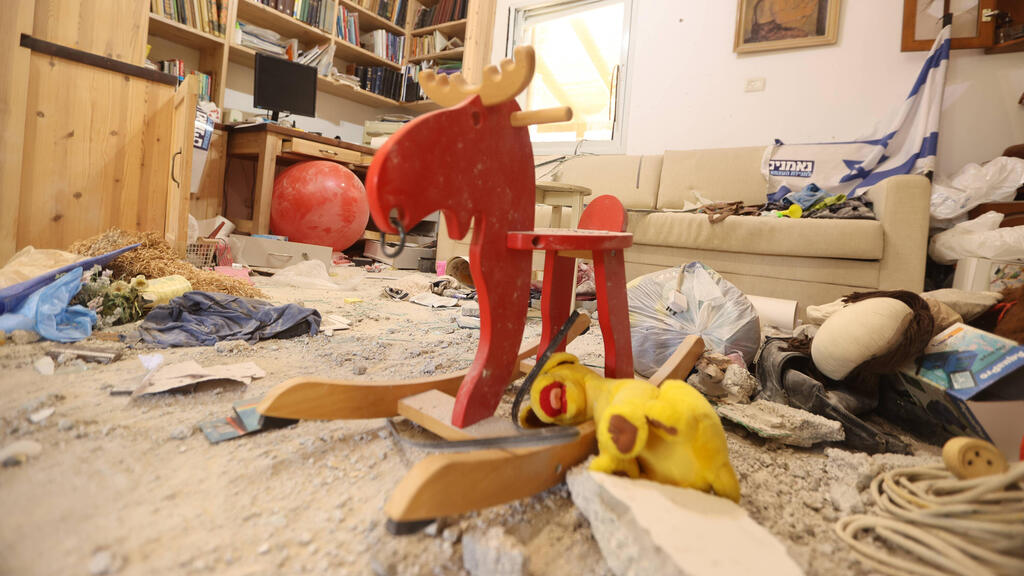Getting your Trinity Audio player ready...
Almost 90% of children seeking treatment from their healthcare providers in pediatric hospitals report symptoms of anxiety, a phenomenon stemming from the ongoing war. Simultaneously, doctors are noting a decrease in reports of symptoms typical for this period, such as colds, fevers and the flu, as children are not attending nurseries and educational institutions, reducing the risk of transmission.
Read more:
According to Israeli Pediatric Association Chairman Prof. Zachi Grossman, "Due to the fact that children are not in these settings, we are seeing fewer children with regular contagious diseases such as the common cold and cough." However, he explains that "the observation is that in recent days, we are seeing many children exhibiting signs of anxiety."
"Parents report changes in behavior or children developing psychosomatic conditions. This is just the tip of the iceberg, as many families remain at home either out of fear of going to hospitals or because they believe pediatricians are not the right address."
"We're witnessing a tsunami of anxiety symptoms among children. Despite numerous channels through the Health Ministry and healthcare funds, it seems that somehow, this matter is not being adequately addressed," says Prof. Grossman. "If every family was asked through their mobile devices whether their child is experiencing anxiety, isolation or crying and whether they should be referred for help, such as to a pediatrician or psychologist, there would be no need to wait for families to arrive, as some won't."
 Prof. Zachi GrossmanPhoto: Shaul Golan
Prof. Zachi GrossmanPhoto: Shaul GolanHe further emphasizes, "Around 90% of children visiting pediatric hospitals complain of anxiety. Many are suffering from anxiety, and it's certainly something we haven't seen in the past. The recognition is beginning to dawn that this issue will be much more prolonged than before. I don't recall such extensive operations in the past, and it further intensifies the anxiety. Today, there are many qualifications for professionals, and what I'm trying to convey when the family is in the room is practical advice."
Prof. Grossman emphasizes that "every anxious child is different, shaped by their family and individual dynamics, but we should keep children engaged in an activity system. The child should stay busy throughout the day with tasks they need to perform and accomplish. This will help restore the feeling of control in children. The cognitive perception of the child is that they've lost control over their lives. When you shift a child's focus toward engaging activities like tidying their room or playing with friends - various forms of activities to occupy their minds - you normalize their fears, which helps alleviate the pressure."



